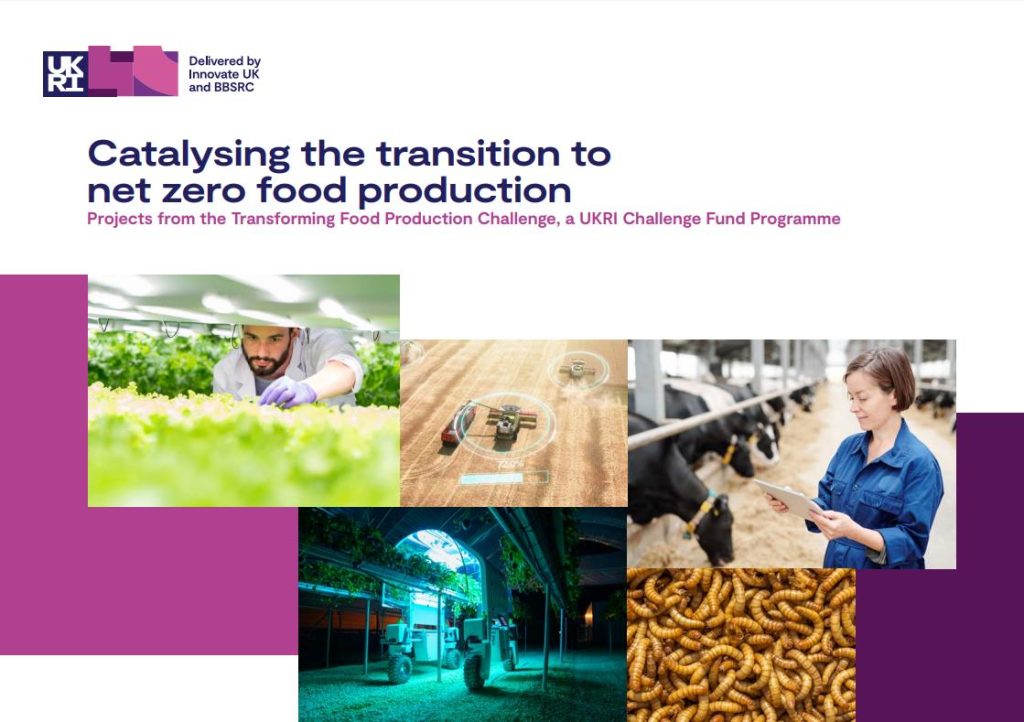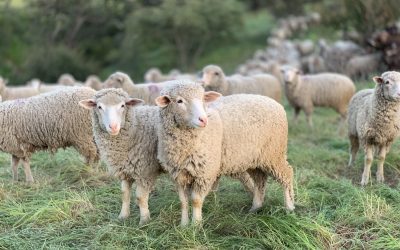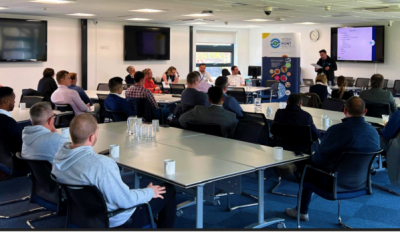Catalysing the Transition to Net Zero Food Production: A Deep Dive into Innovative Projects
The world of agriculture is undergoing a significant transformation, with a focus on achieving net-zero food production. This shift is being catalysed by a range of innovative projects that are pushing the boundaries of what’s possible in the sector. In this blog post, we’ll explore some of these projects, as detailed in a recent report titled “Catalysing the Transition to Net Zero Food Production.”
Plant Sensing and Crop Yield
One such project focuses on plant sensing to determine environmental impacts on developmental processes leading to crop yield. This project addresses the lack of existing methods to understand how and when a plant’s development has been disrupted by environmental factors. It used a field-based plant and environmental monitoring approach to develop environmental models of blueberry and cherry development. The project makes it possible, for the first time, to carry out in-field environmental monitoring to understand the environmental factors affecting crop production, and develop bespoke crop management systems that will mitigate the effect of environmental variation.
The First Fleet of Multi Modal Soft Fruit Robots
Another project that stands out is the development of the world’s first fleet of robots that can carry out a wide variety of tasks in the field. The focus of the project was strawberry production, which is complex and involves several different tasks, which need to be performed throughout the season. The robots that were developed through the project are completely autonomous, and can carry out several different tasks in the field. The robots make use of advanced vision systems and picking technologies, as well as a wide range of tools that the robots are able to autonomously pick up from a tool changer, when needed. The robots are also able to charge and dock autonomously.
Sustainable Fertiliser Management
Sustainable fertiliser management and reducing farming emissions have become high-priority agriculture issues. This project took a comprehensive holistic approach to dealing with sustainable fertiliser management, by enhancing the deployment and use of farmer-centred, inter-operable mobile-cloud systems that enable farm data to be collected, aggregated and analysed. The new products and services will enable farmers to avoid soil degradation, pollution of soils and chemical residues in crop plants, unsustainable water use and polluted water, and inefficient use of inputs.
Indoor Farming 2.0
Indoor farming combines soil-free irrigation systems, either in stacked shelves or in single layers, under UV lights and in controlled environments. They are able to produce crops all year round, protected from the elements, and without the need for pesticides or herbicides. With aeroponics, plant roots are suspended in the air, and irrigated with a nutrient-dense mist, generated using ultrasonic sound waves. By using ultrasonics to disperse the nutrients, aeroponics requires a lower total volume of water, reducing water usage on a commercial scale whilst accelerating crop growth.
These projects represent just a fraction of the innovation happening in the agriculture sector. They are pushing the boundaries of what’s possible, helping to transform the way we produce food, and moving us closer to achieving net-zero food production. The future of agriculture is bright, and these projects are leading the way.
Read the full report here.



